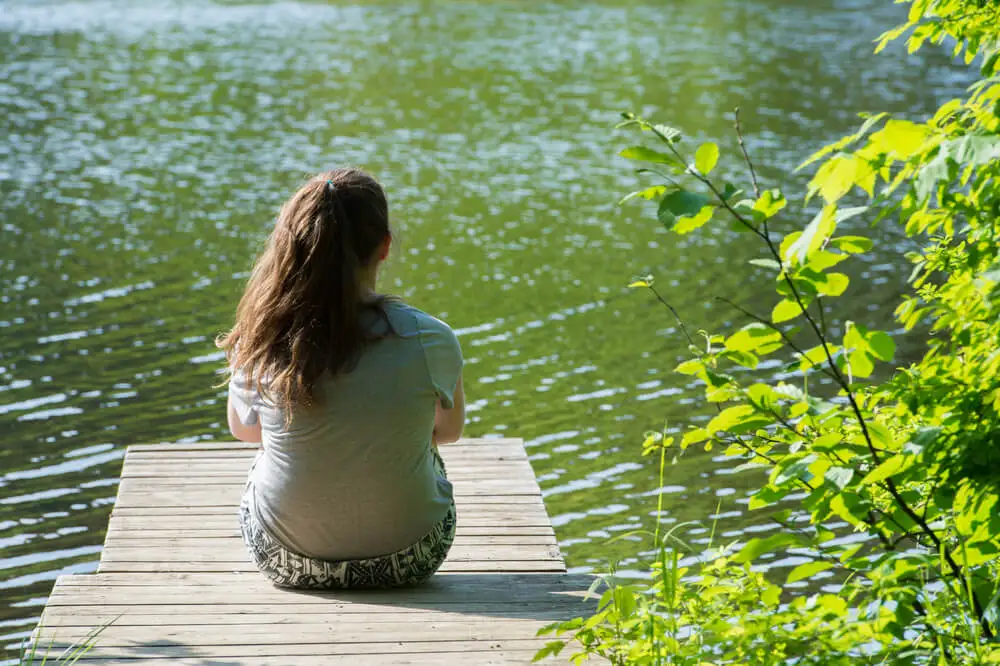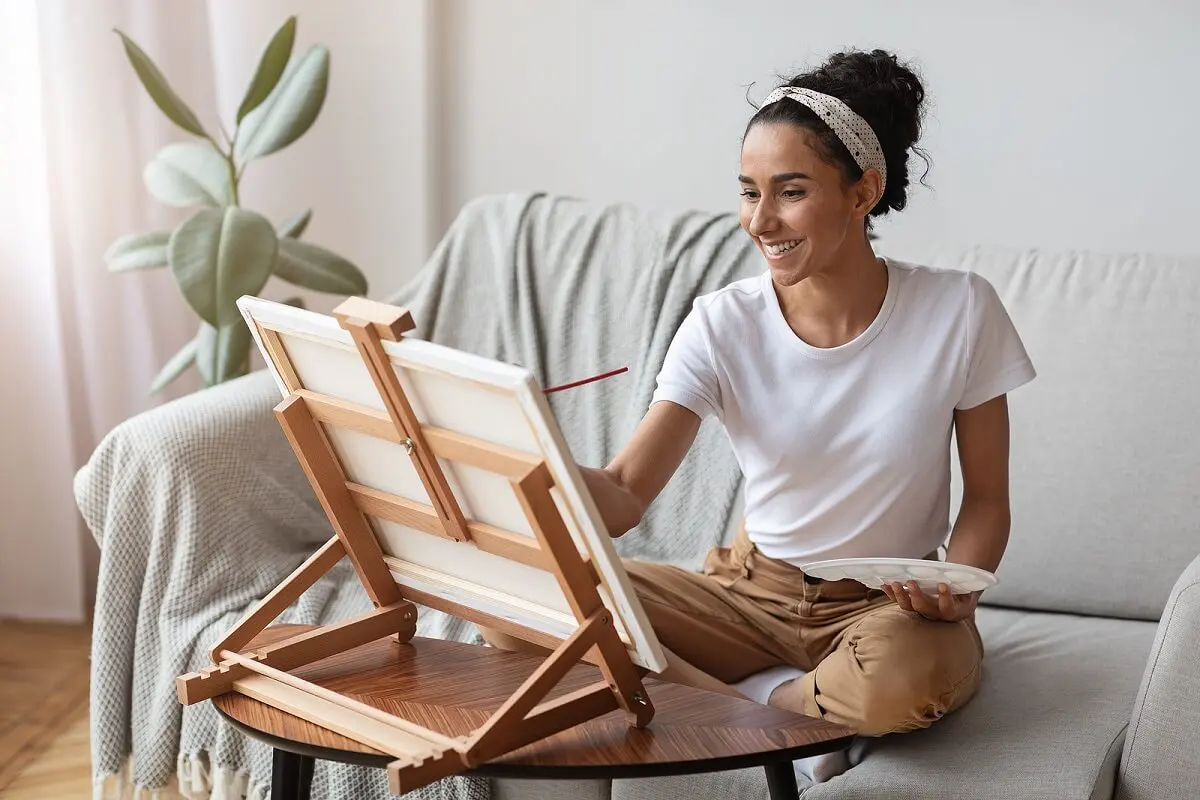Honjok, The Art of Living in Solitude


Written and verified by the philosopher Maria Alejandra Morgado Cusati
Honjok is a solitary lifestyle that was born in South Korea in the last decade as a way to cope with South Korean social pressures and norms. These norms often lead young people to marry and start a family.
These norms dictate that men should be successful professionals whose work allows them to support their family. Women, on the other hand, must prioritize family care, even if they have a broad academic background and the skills to perform in the working world.
In this context, more and more young South Koreans (and mostly women) are choosing to escape from these patriarchal cultural patterns and are opting for solitude as a way of life. Let’s take a look at what this lifestyle is and what it entails.
What is “honjok”?
The term honjok is a play on words formed by two concepts: hon, which means “alone,” and jok, which refers to “tribe.” In this sense, it translates as “tribe of one.”
The movement emerged at the end of the last decade in South Korea, as a response to the patriarchal cultural pressures that determine which roles men and women should fulfill in advance. However, the concept refers to a chosen solitude: the person consciously chooses to live in solitude in order to know himself or herself and cultivate his or her authentic inner world.
For the advocates of this movement, the solitude derived from honjok lacks the negative connotations that are often attributed to being alone. This is because it’s a chosen form of solitude. People who adopt this lifestyle enjoy doing solitary activities.
In addition, it brings them certain advantages, such as the following:
- The possibility of having more money available.
- The ability to know one’s own preferences and interests in depth.
- Alternatives to the traditional South Korean family model, in which the concept of family is the supreme good.
We think you may also enjoy reading this article: 6 Magic Words To Help You Live A Happy Life
Being alone is not the same as feeling alone
Loneliness is a phenomenon to which a negative connotation is often attributed. However, we must learn to distinguish imposed solitude (when we feel lonely despite being surrounded by people or are rejected by others) from chosen solitude (we choose to be alone to cultivate our inner world and enjoy our individuality).
In this regard, American psychotherapist Francie Healey, author of the book Honjok: The Art of Living Alone, states that solitude can be seen as an opportunity to be with ourselves and explore meaning in our lives. The author believes that although it may be an uncomfortable experience at first, honjok is a path to self-awareness.

Types of “honjok”: ways to enjoy a chosen solitude
The growth of the honjok movement has become increasingly popular in South Korea, to the point that three typologies have emerged:
- Hon-bap: This refers to the enjoyment of eating alone in a restaurant without paying attention to the looks or opinions of others.
- Hon-nol is the satisfaction of doing leisure activities alone. This category includes going alone to the theater, going to the movies, shopping, or traveling alone.
- Hon-sul is the act of drinking alone. In this case, Koreans usually practice it at home.
The benefits of chosen solitude
When we learn to be alone and begin to enjoy this experience, we can experience the following benefits.
Increased self-knowledge
An excellent way to get to know ourselves is to be alone. It is in these moments that we can turn our gaze inward and delve deeper into our gifts, fears, limitations, and resources.
Greater self-sufficiency
Living alone also teaches us to be more self-sufficient. We learn to take charge of tasks and responsibilities without depending on others. This generates satisfaction and a sense of accomplishment.
Strengthened self-esteem
Living alone also allows us to boost our self-esteem because we stop depending on the opinion of others and start acting according to our true preferences and needs. In other words, we put ourselves as a priority.
However, this doesn’t mean letting ourselves be carried away by arrogance and self-centeredness. On the contrary, good self-esteem means getting along better with both ourselves and others.
A healthier social life
Francie Healey had the opportunity to speak with young people who were practicing honjok, and many of them reported more fruitful and positive relationships with others.
It seems that learning to be alone helps us to value our own individuality and that of others. This is essential for healthy relationships.
Greater creativity
Solitude helps to bring out ideas and creative states. Also, as we connect with ourselves, we can express the inner world. For example, we may do this through painting, writing, or music.

How can we apply “honjok” to our lives?
Chosen solitude can be challenging, even for those who don’t wish to fulfill the social expectation of getting married and starting a family.
In this regard, Francie Healey recommends starting small and spending a few minutes a day on simple things, such as paying attention to breathing, cultivating creativity, and developing different habits that bring us more diversity (meditation or mindfulness, for instance).
She also recommends journaling or writing down our thoughts. These activities help us to be more reflective and work on self-awareness, especially when we suffer from stress or anxiety.
Healey concludes that the key is that these activities are not just a pastime, but become priorities.
Like this article? You may also like to read: 6 Habits to Make You Into a Happy, Successful Woman
The need for solitude
Before closing, it’s pertinent to keep in mind that, just as it’s necessary to relate to others, it’s also essential to have a space for ourselves, even within the life of a couple or family.
Therefore, whether we have the desire to form a family or not, it’s essential that we learn to be alone. It’s a path that guarantees self-knowledge, self-love, and healthy relationships.
All cited sources were thoroughly reviewed by our team to ensure their quality, reliability, currency, and validity. The bibliography of this article was considered reliable and of academic or scientific accuracy.
- Healey F. Honjok. El arte de vivir en soledad. Barcelona: Timun Mas; 2020.
- Bavoleo B, Chaure D, Benítez M. Corea ante un nuevo cambio de época: aproximaciones desde el Sur Global. Argentina: Universidad nacional de la Plata; 2022.
This text is provided for informational purposes only and does not replace consultation with a professional. If in doubt, consult your specialist.








